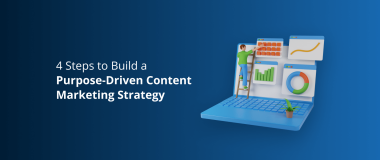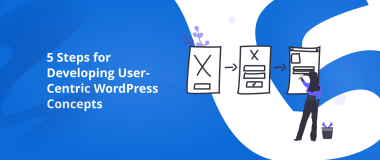How to stand out among the big fish in the digital sea?
This is one of the most common questions that keep startup owners awake at night.
Truth is, that the digital transformation of business flourished in the last few years and allowed small businesses (SMBs) a fighting chance at building a strong online presence and attracting the audience’s attention.
However, to be on par with large and powerful brands, SMBs and startups need to utilize all the tools at their disposal and build a holistic online strategy.
And this includes pay per click ads (PPC).
And while, at first, it may seem impossible to outperform the companies with larger budgets, in fact PPC optimization is far more important than big pockets.
In this article, we highlight 3 essential PPC tips that can help you improve the performance of your pay per click ads, and boost your SERP branding and image.
Why Is Your PPC Strategy Important?

PPC ads are a great way to top the SERPs for your branded and unbranded keywords.
Combined with your organic SEO strategy, this may allow you to dominate the search results that matter to you and your audience and build awareness and recognition.
However, more often than not, startups and small businesses that don’t have experience in these types of ads, install a PPC management tool and call it a day.
In fact, this is considered to be the best strategy that may save your money by trimming down your per click through its bid algorithm.
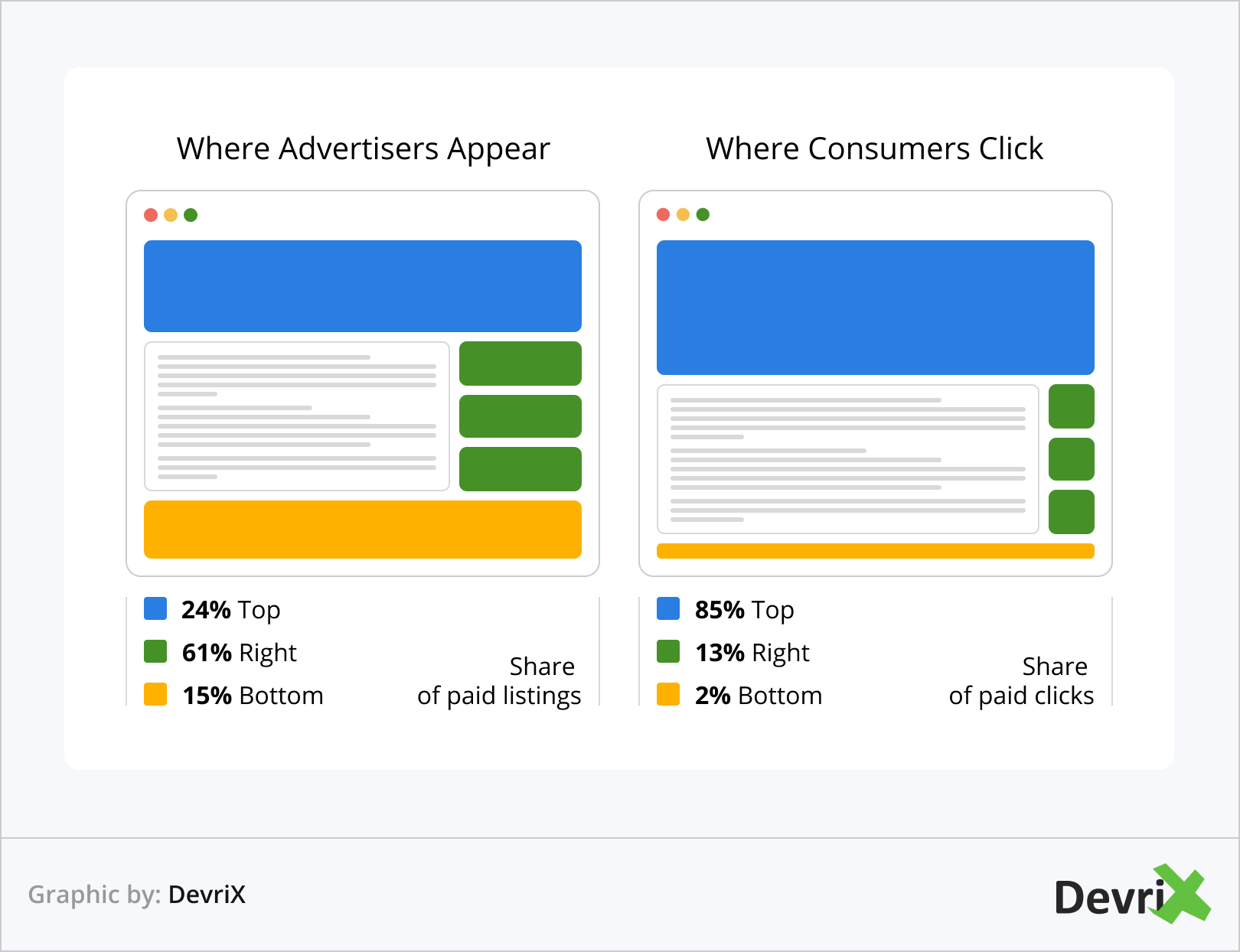
These tools frequently give you a chance to confirm offers by any variable accessible in the Google Ads or Bing API’s and modify offers as indicated by these tenets to decrease costs.
However, you still need to know how to set up the tools so that you find the ideal approach and allow the algorithms to work out of the case for you.
The tool’s documentation may provide for you a rough course, yet don’t generally show you how to achieve success.
They are nothing but a tool, and what you need is an effective PPC strategy.
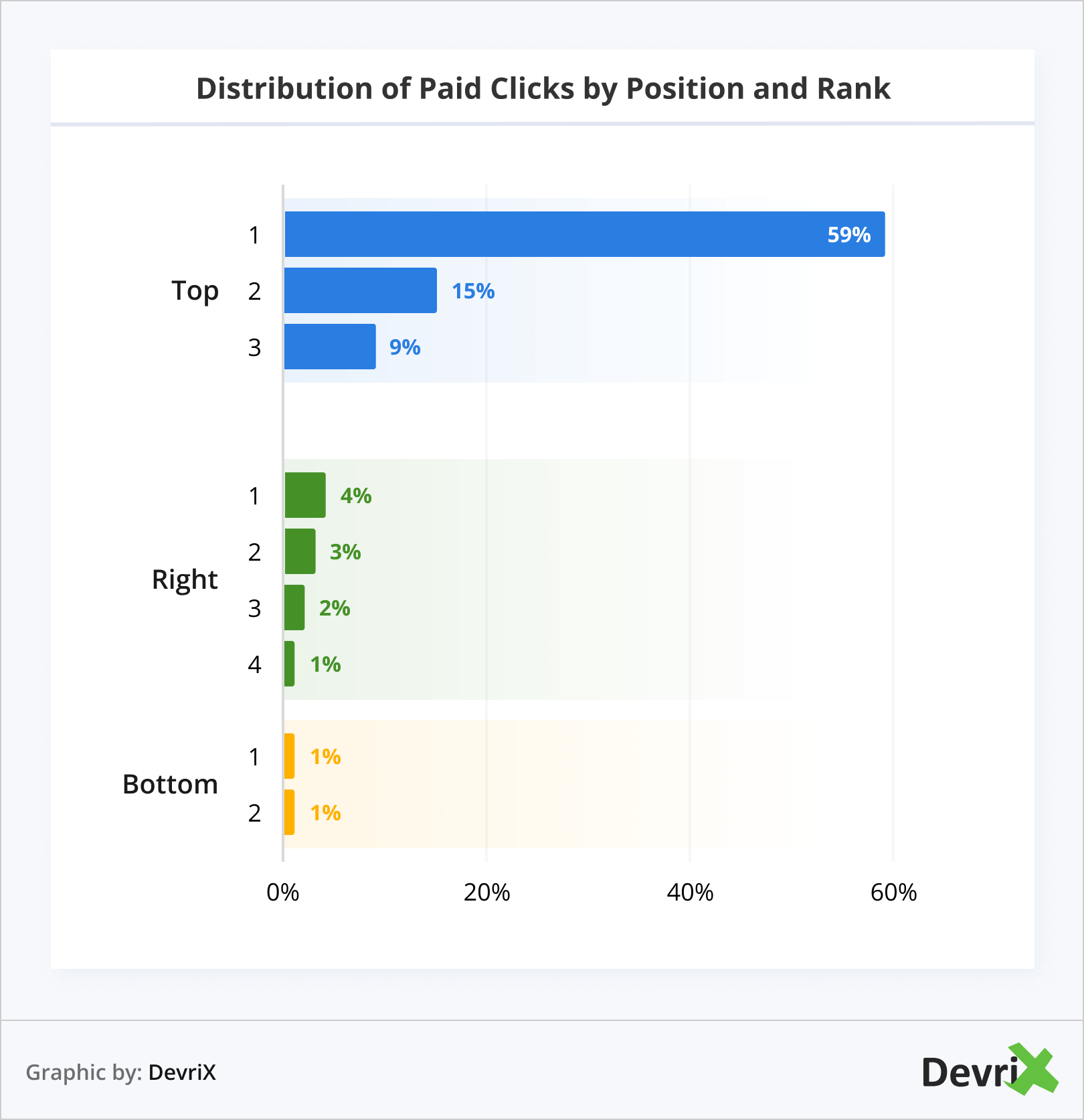
To succeed, you need to take things into your own hands, and understand the basics of PPC advertising.
And we’ve got just the tips for you!
3 PPC Tips to Improve the Performance of Your Ads
Before you get your hands dirty with optimizing your ads, first, you need to consider these 3 PPC tips:
- Set the Proper Budget
- Improve Your SERP Branding
- Focus on the Right Keywords
Let’s elaborate!
1. Set the Proper Budget
Numerous organizations have altered plans for paid pursuit. Whether it is $1,000 or $500,000
More often than not, organizations have fixed plans for their PPC campaigns that fit into their overall marketing budget for the period.
Whether it is $100, $1,000, or $500,000 per month, you need to have a budget, and you have to spend it wisely. You have to expand your financial plan to get the most value for your money.
For startups with advertisement spends around $25 to $100 per day, we recommend having an exceptionally targeted campaign. That’s because the less accurate your targeting is, the more money you will waste without any perceivable ROAS.
To avoid that, use manual bidding. While manual bidding is extremely time-consuming, it provides you with the most control over your ads optimization and targeting.
Automated bidding is designed for much bigger ad spends with thousands of keywords and placements, so in the case of smaller operations, it simply won’t do the trick.
The number of essential keywords that you’re focusing on will, likewise, enormously influence this automated versus manual choice.
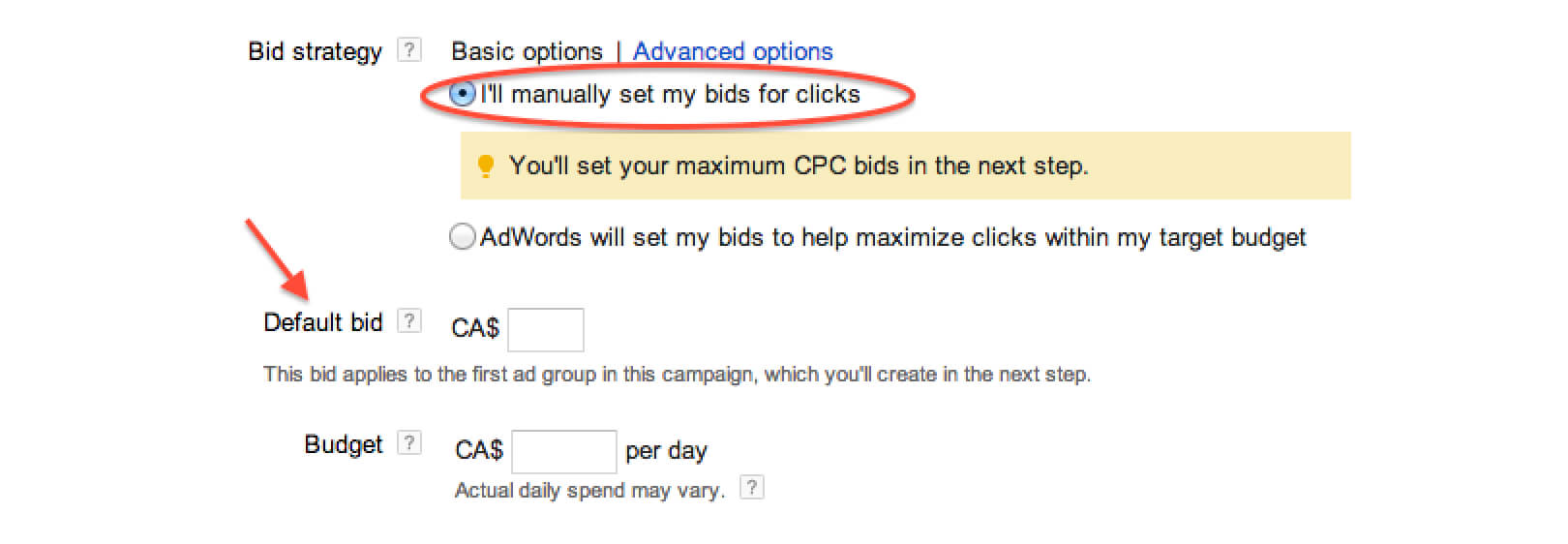
To improve the performance of your PPC ads, you, generally, have two possible courses of action:
- Reduce Your Costs. When there is a large number of search inquiry impressions every month, but not enough conversions, your approach should be to reduce your expenses, by optimizing your ads to drive more click volume to your site. This, for the most part, includes making adjustments to your essential keyword list and bringing down the bidding of offers, while monitoring your reports to see how the changes affect performance.
- Increase Your CTR. If you have a landing page that performs great, but your budget is limited and/or insufficient, you will need to increase the traffic that goes to your website while keeping control over click costs. This could be possible by expanding bids, extending your keywords rundown, enhancing navigate rates, and optimizing ads. These things can be adjusted to help achieve your target.
2. Improve Your SERP Branding
The key to turning into an extraordinary brand and a digital household name is to build awareness and recognition across the SERPs.
In fact, the better known your name is, the more new customers you are likely to attract.
That’s because brand image and reputation are an important asset in your online strategy. When people research new products and solutions, they tend to trust companies that have proven their credibility and authority.
When it comes to search engines, the ideal approach to building your image is by ranking in the top position for relevant queries.
And this includes both organic and paid results.
Work on Your Organic Rankings
By working on both fronts, you can ensure that when a user keys a relevant search term, they will see more than one of your links in the designated SERP and are, thus, more likely to remember your name and logo.
Furthermore, if you dominate both the paid and organic positions, you are taking up more SERP real estate on the first page of Google and leaving less space for your competitors. This can consolidate your reputation as a leader in your industry, and increase the chances of users clicking on your links.
Furthermore, it’s a win-win – if people click on your organic links, you won’t have to pay for their clicks. And if they click on your ads, you will pay, but you still get them where you want them to be – on your designated landing page where they may, hopefully, convert.
Optimize Your PPC Copy
The copy of your ads is the pivotal for the success of your PPC placements – it defines whether or not your ads will stand out and make an impression, or will be dismissed by the user.
To be successful, your copy needs to be one of a kind to every advertisement bunch. It likewise needs to be convincing, while staying concise and to the point.
To that end, when optimizing it, you should consider leveraging the so-called AIDA model:
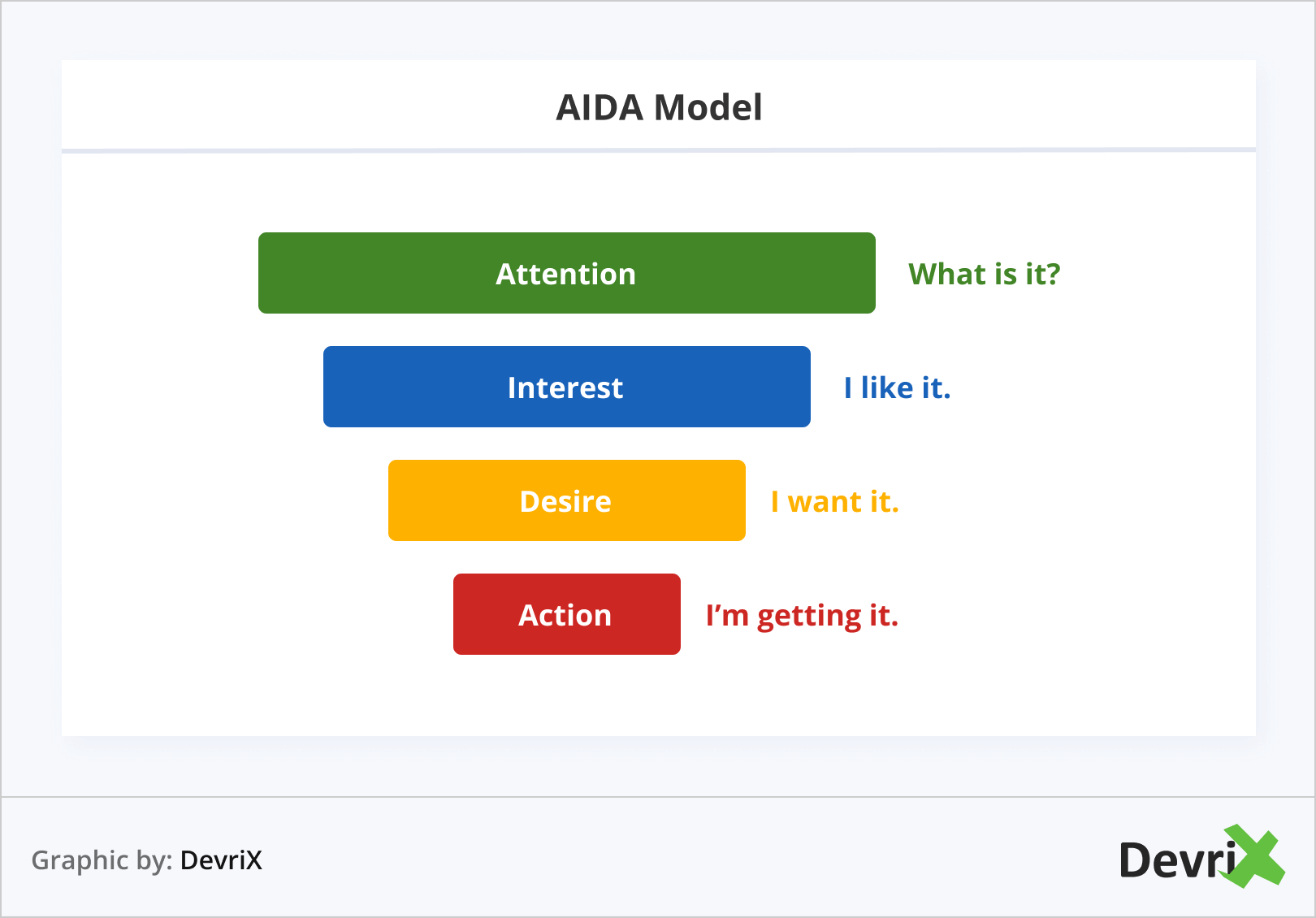
- Attention – Get the client’s attention by focusing on something that they need and may benefit from. This usually happens by using the proper keywords.
- Interest – Compel the client by highlighting how they can obtain extra value from offer, and what makes your product or service special. In other words, provide them with a good reason to click on your ad. Just make sure that what comes next lives up to what you say.
- Desire – Eliciting emotion is the foundation for ALL advertising. Make your product or service appealing to the client utilizing trigger words like “Free”, “Limited Offer”, or “Best”. Again, these should be valid offers, not just click-baits.
- Action – Finally, you require a CTA (call to action). Try different things with the different versions of your ad copy, utilizing “request now” or basically, “are you ready to start?”
You can also utilize Ad Extensions to show your telephone number beside your advertisement, or even your social profiles and site links to particular pages.
Additionally, you need to verify you’re utilizing UTM parameters on all your connections for labeling and following your objectives in Google Analytics.
3. Focus on the Right Keywords
Once your budget is ready and you have already planned how to improve your branding, then it’s time to focus on your keywords!
When choosing the keywords for your PPC campaigns, consider the most well-known search terms and expressions that people are likely to key in search engines when looking for products and services similar to yours.
To improve results, make sure to utilize Google Keyword Planner to get ideas and gauge trends and search behavior.
When it comes to bringing in more traffic, keywords play a major role in your strategy.
Selecting the right keyword is not something anyone can do. On the other hand, it is not rocket science either. You just have to have the right enough knowledge and experience in the field.
For businesses who can afford it, hiring a professional SEO service can help take care of the keywords. You can also learn a great deal from them.
Furthermore, you can learn how to do keyword research yourself, and work on your keyword groups.
To that end, consider the following:
- Company or Brand Name – Your Brand name has its unique value. Track how your branded keywords perform, test different approaches, and measure your ROI.
- Competition – Consider bidding on the names of your competitors. This way, when potential clients research your rivals, they may come across your ads. Even if they don’t click on them, they are likely to learn your name. This contributes to your branding, and puts you on the client’s radar.
- Long Tail Keywords – Research what search phrases your clients are using for your product – sometimes these may not match your own terminology and language. For instance, “best shoes in Pittsburgh”. Long tail keywords generate less traffic, yet they are more specific and, more often than not, less expensive, and can boost the performance of your ads, by bringing in the type of leads that are more likely to convert.
- Negative Keywords – These are keywords that you would prefer not to rank for. For instance, if your burger shop just serves burgers, you wouldn’t want to rank for hotdogs and burritos, because these keywords may drain your budget without delivering sales and revenueSimply put, negative keywords allow you to better target your PPC ads and improve the chances of them being seen only by people who might be interested.
Bottom Line
By following these 3 essential PPC tips, you can significantly improve the performance of your pay per click ads.
However, the work doesn’t stop there. For your campaign to be efficient, you have to make sure that your website and landing pages are ready for the incoming traffic.
After all, a PPC ad is pointless if your website is not doesn’t live up to the user’s expectations and deliver an excellent UX.
If you have any doubts about it, give us a call and we can help you create a top-notch online property that your audience will fall in love with!
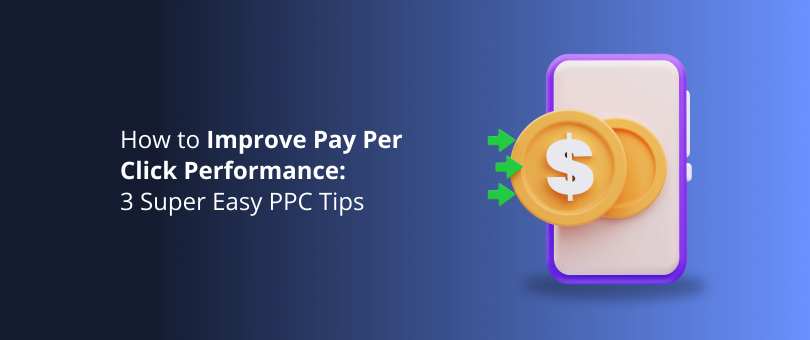
![Website Metrics That Matter [And You Should Track]](https://devrix.com/wp-content/uploads/2019/12/Website-Metrics-That-Matter-And-You-Should-Track-380x160.png)

